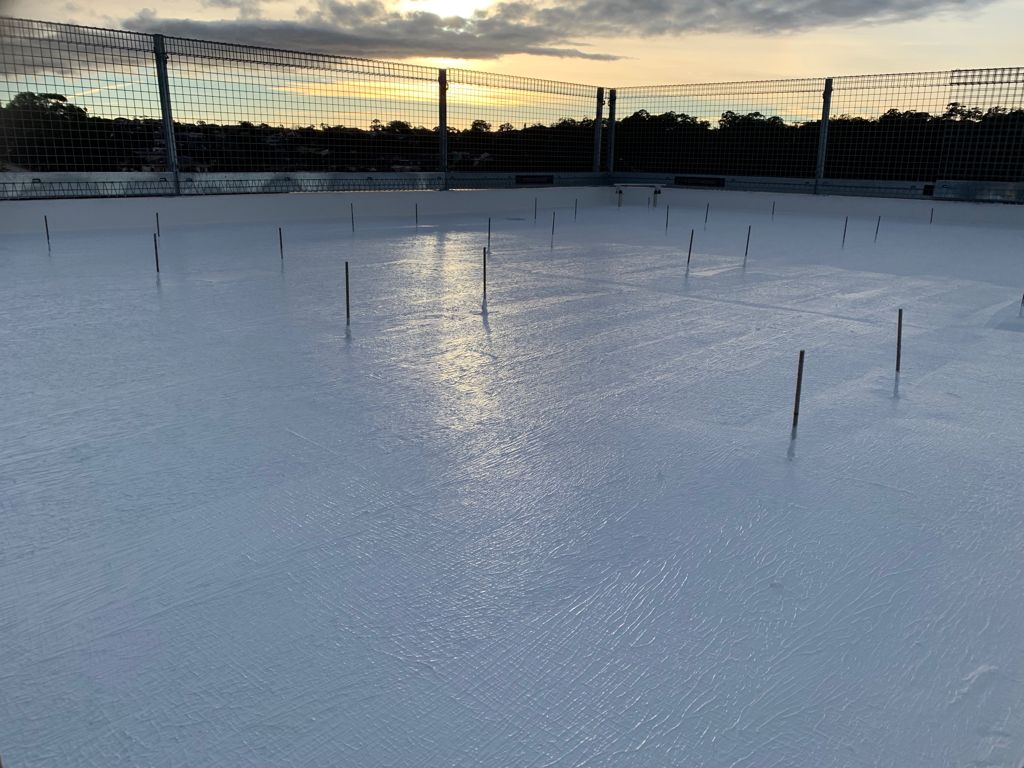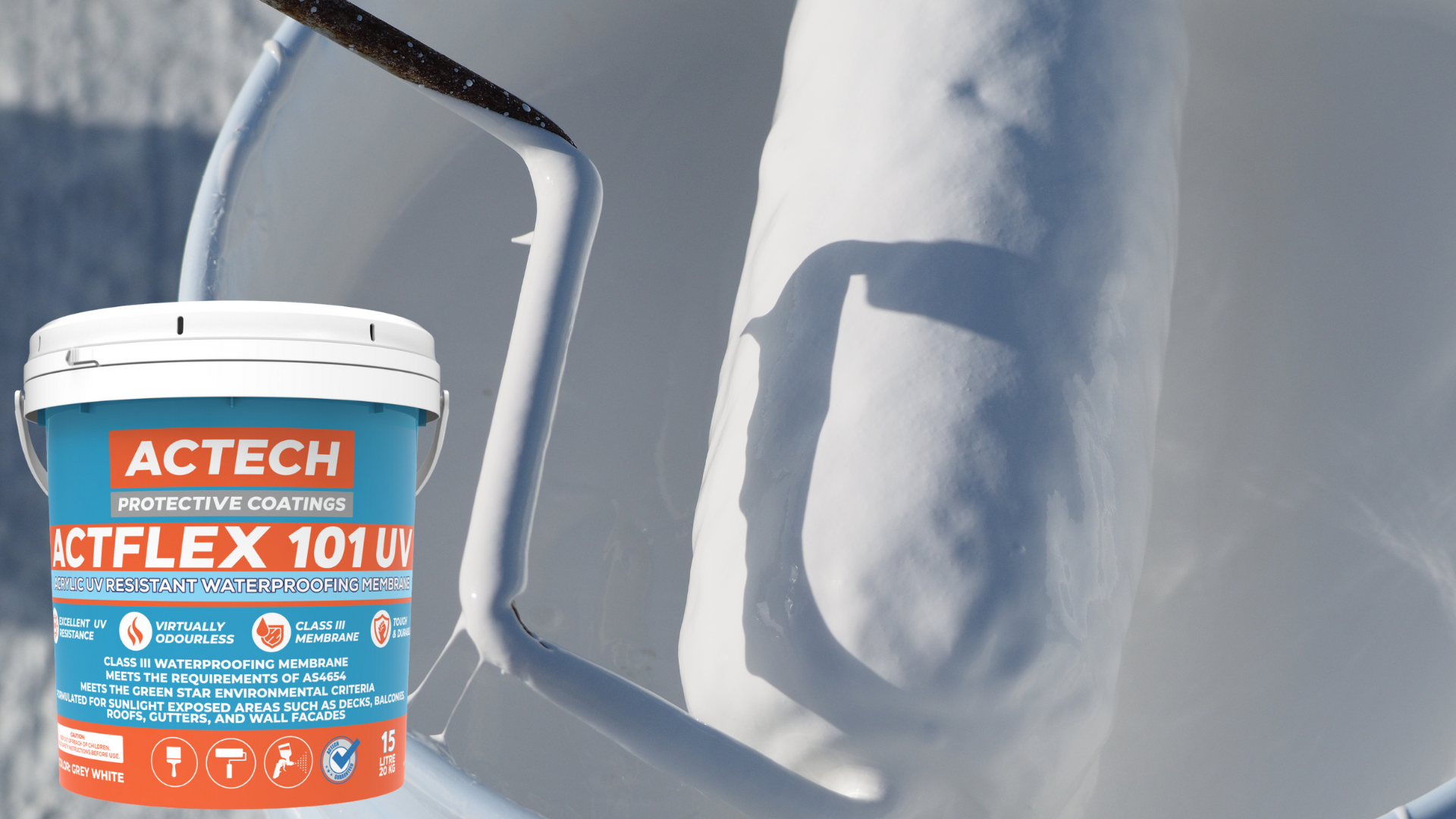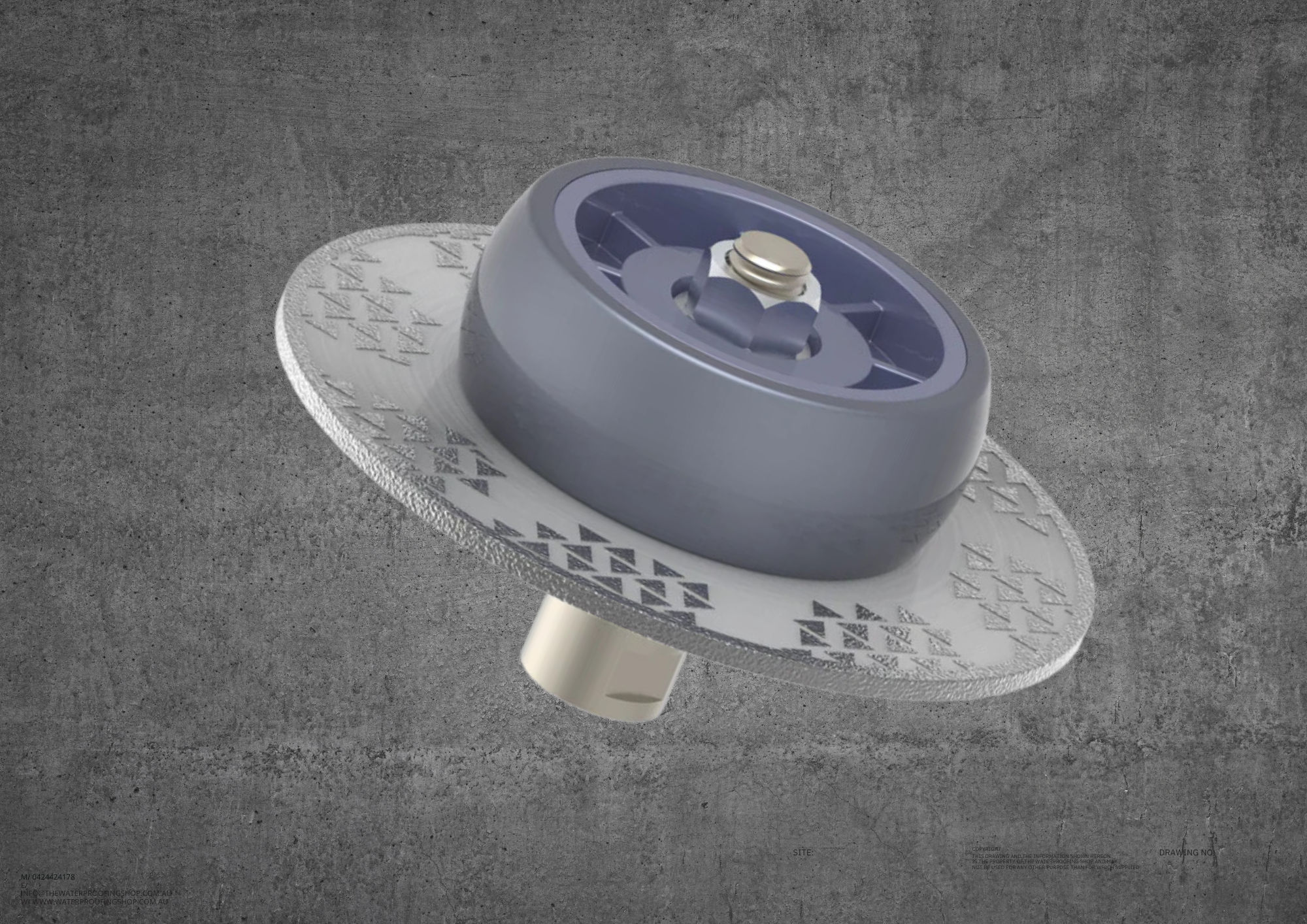When it comes to waterproofing, selecting the right materials is crucial to ensuring the long-term protection of your structures against water damage. With the wide variety of waterproofing materials available in the market, it's essential to understand the strengths, weaknesses, and appropriate use cases for each option. Here, we'll explore the various types of waterproofing materials and their attributes to help you make informed decisions for your projects.
- Liquid Waterproofing Membranes:
- Liquid membranes are versatile and can be applied to various surfaces, including concrete, wood, and metal.
- They offer seamless protection by forming a continuous and flexible barrier against water infiltration.
- Liquid membranes are ideal for complex shapes and irregular surfaces, as they can conform to different contours.
- However, proper surface preparation and application techniques are critical for ensuring their effectiveness.
- Sheet Membranes:
- Sheet membranes, often made from materials like modified bitumen or PVC, offer excellent durability and resistance to UV radiation.
- They are available in different thicknesses and can be self-adhesive or torch-applied for easy installation.
- Sheet membranes provide a strong physical barrier against water and are commonly used in below-grade applications.
- Proper seam sealing is essential to maintain the integrity of the waterproofing system.
- Cementitious Waterproofing Coatings:
- Cementitious coatings are easy to apply and provide a protective barrier against water and moisture.
- They are suitable for both positive and negative side waterproofing and are commonly used in areas such as basements and foundations.
- While they offer good adhesion to concrete surfaces, they may not be as flexible as other options and can crack under certain conditions.
- Polyurethane Waterproofing Coatings:
- Polyurethane coatings offer excellent flexibility, making them ideal for areas with structural movement or vibration.
- They adhere well to various substrates, including concrete, metal, and wood.
- Polyurethane coatings are resistant to chemicals and abrasion, making them suitable for industrial and commercial applications.
- However, UV exposure can degrade their performance, so they often require an additional protective layer.
- Hybrid Waterproofing Solutions:
- Hybrid systems combine the advantages of different materials to create robust and versatile waterproofing solutions.
- For instance, some hybrids may involve combining a liquid-applied membrane with a reinforcing fabric to enhance strength and flexibility.
- These systems offer tailored solutions for specific project requirements and challenges.
When choosing a waterproofing material, consider factors such as the application area, exposure to weather conditions, structural movement, and project budget. Each material has its unique characteristics, and the best choice will depend on your project's specific needs. Consulting with a professional waterproofing expert can help you make an informed decision and ensure the long-term effectiveness of your waterproofing solution.




Leave a comment
This site is protected by reCAPTCHA and the Google Privacy Policy and Terms of Service apply.